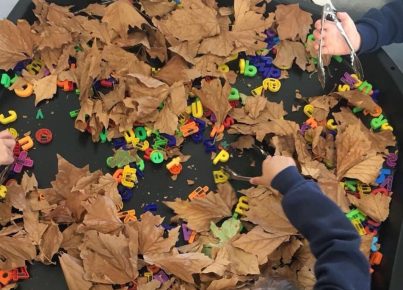As parents, dealing with anxious children can be challenging. It’s essential to equip kids with effective strategies and activities to manage their worries and ease their anxiety. Here are 20 worry activities that can help anxious kids cope with their feelings and develop emotional resilience.
1. Deep Breathing: Teach children deep breathing techniques by inhaling through the nose, holding for a few seconds, and exhaling slowly through the mouth.
2. Progressive Muscle Relaxation: Guiding kids in tensing and releasing muscles throughout their body can help reduce anxiety.
3. Create a Worry Box: Encourage children to write down their worries and place them in a designated box, symbolizing an act of releasing their thoughts.
4. Practice Mindfulness: Introduce mindfulness practices, such as meditation or body scanning exercises, to promote focus and relaxation.
5. Worry Stones: These are small stones that can be held or rubbed while teaching children grounding exercises, a great technique for alleviating anxiety.
6. Drawing or Coloring: Encourage kids to express their feelings through drawing or coloring.
7. Visual Imagery: Teach children to visualize a calm or happy place, helping them escape from their overwhelming thoughts momentarily.
8. Positive Affirmations: Encourage reciting positive affirmations daily to promote self-esteem and build resilience.
9. Physical Activity: From dancing to yoga, engaging in physical activities can help release energy and reduce feelings of anxiety.
10. Create a Calming Jar: Fill a jar with water, glitter, and glue – when shaken – creates a calming visual effect for anxious kids.
11. Journal Writing: Encourage anxious kids to journal their thoughts and emotions regularly as a way of managing anxiety.
12. Make a Sensory Bin: These interactive containers can be filled with various items like beans, sand, or play dough for tactile exploration and stress management.
13. Aromatherapy: Integrate calming scents, such as lavender or chamomile, to create a soothing environment.
14. Practice Gratitude: Encourage kids to write or discuss their daily gratitudes, helping shift their focus from negative thoughts.
15. Develop Coping Cards: Create cards with personalized coping strategies, like listening to music, that kids can access when feeling overwhelmed.
16. Safe Space: Designate a comfortable area where kids can retreat when feeling anxious or overwhelmed.
17. Let Them Teach: Encourage kids to share their coping techniques with friends or family members who may also experience anxiety.
18. Worry Dolls: Share the Guatemalan tradition of whispering worries into worry dolls at night and placing them under their pillow.
19. Listen Without Judgment: Offer your full attention and empathy when listening to your child’s worries.
20. Practice Patience & Encouragement: Supporting anxious children requires patience and persistence, so offer continuous encouragement and reassurance.
Incorporating these activities into a child’s daily routine can foster healthy coping mechanisms for anxiety management and potentially increase their confidence in dealing with challenges later in life.





